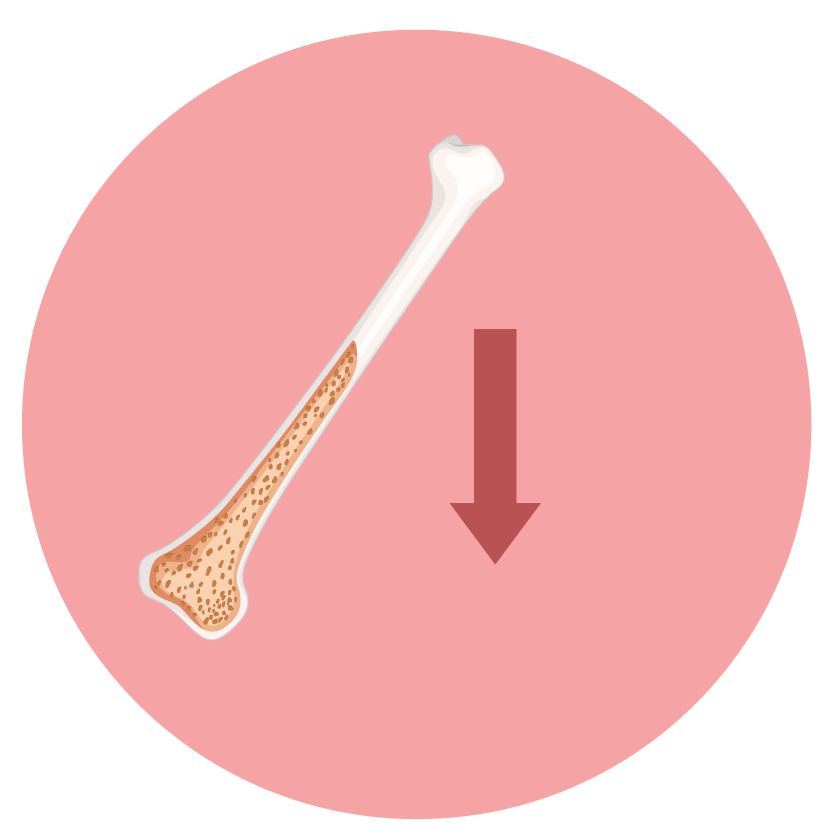| Name | Dasatinib |
| Classes |
Anticancer/Antineoplastic Agent |
| Diseases |
Cancer Leukemia |
Dasatinib
Dasatinib is an anticancer drug. It belongs to the class protein tyrosine kinase inhibitor that inhibits the bcr-abl tyrosine kinase, the constitutive abnormal tyrosine kinase created by the Philadelphia chromosome abnormality in chronic myelogenous leukemia. In bcr-abl positive cell lines as well as fresh leukemic cells from Philadelphia chromosome positive chronic myeloid leukemia, imatinib inhibits proliferation and induces apoptosis. Imatinib inhibits colony formation in CML patients' ex vivo peripheral blood and bone marrow samples.
Dasatinib is indicated for the treatment of-
- newly diagnosed adults with Philadelphia chromosome-positive (Ph+) chronic myeloid leukemia (CML) in chronic phase. The trial is ongoing and further data will be required to determine long-term outcome.
- adults with chronic, accelerated, or myeloid or lymphoid blast phase Ph+ CML with resistance or intolerance to prior therapy including imatinib.
- adults with Philadelphia chromosome-positive acute lymphoblastic leukemia (Ph+ ALL) with resistance or intolerance to prior therapy
- Chronic phase CML: 100 mg once daily.
- Accelerated phase CML, myeloid or lymphoid blast phase CML, or Ph+ ALL: 140 mg once daily.
- Administered orally, with or without a meal. Tablets should not be crushed or cut.
Most common adverse reactions in patients with newly diagnosed chronic phase CML included-
- myelosuppression
- fluid retention
- diarrhea
- headache
- musculoskeletal pain
- rash
Most common adverse reactions (≥20%) in patients with resistance or intolerance to prior imatinib therapy included myelosuppression, fluid retention events, diarrhea, headache, dyspnea, skin rash, fatigue, nausea, and hemorrhage.
- Myelosuppression: It may be necessary to stop taking the medication or reduce the dose if severe anemia, neutropenia, and thrombocytopenia occur. Regularly check full blood counts.
- Bleeding Related Events (mostly associated with severe thrombocytopenia): Hemorrhages in the CNS and gastrointestinal tract have been fatal. Transfusions and treatment interruptions may be necessary for severe bleeding.When administering SPRYCEL to patients who need anticoagulants or drugs that impair platelet function, use caution.
- Fluid Retention: Fluid retention, sometimes severe, including ascites, edema, and pleural and pericardial effusions are side effects of SPRYCEL. Manage using the proper supportive care techniques.
- QTProlongation: Patients who already have a prolonged QT interval or who could develop one should use SPRYCEL with caution.
- Congestive Heart Failure, Left Ventricular Dysfunction and Myocardial Infarction: Patients should be closely watched for any symptoms or signs of heart malfunction and should receive the proper care.
- If given to a pregnant woman, there could be fetal harm.
- Women should be warned about the potential risk to the fetus and encouraged to abstain from getting pregnant.
Contraindication
None known.
None known.
None known.
 Bangla
Bangla English
English






